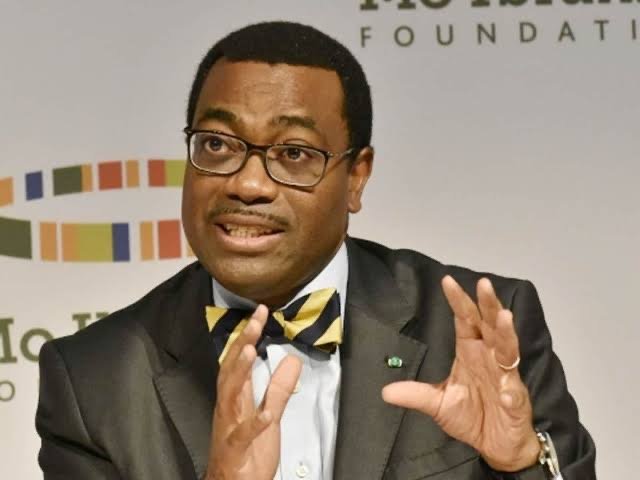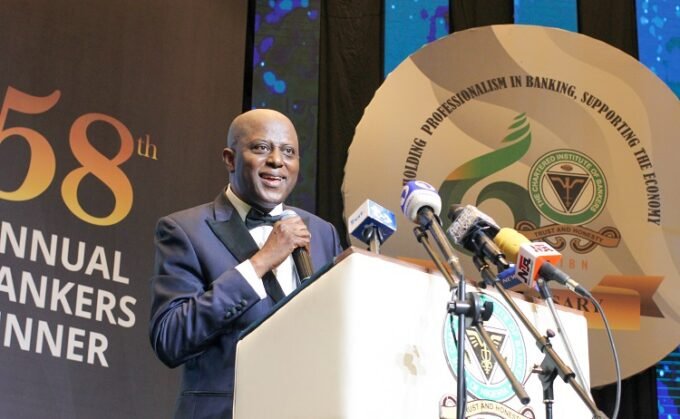Quick Read: The Board of Directors of the African Development Bank Group has approved a $10 million concessional equity investment in the ARM-Harith Successor Infrastructure Equity Fund to increase access to reliable electricity and modern transportation infrastructure as well as energy-efficient technologies in Nigeria and the wider West Africa region.
African Development Bank’s Sustainable Energy Fund for Africa (SEFA) has approved a $10 million anchor investment in the ARM-Harith Successor Infrastructure Equity Fund. This catalytic funding aims to leverage additional capital from both local and international investors, as ARM-Harith targets raising $200 million for sustainable infrastructure and energy transition projects across West Africa, with a particular emphasis on Nigeria.
SEFA, a multi-donor special fund managed by the Bank, provides catalytic financing to unlock private sector investments in renewable energy and energy efficiency. This investment underscores SEFA’s commitment to fostering a sustainable energy future for Africa.
Addressing Equity Financing Gaps
The ARM-Harith Successor Infrastructure Equity Fund, managed by ARM-Harith Infrastructure Investments Limited (ARMHIIL), is a groundbreaking initiative addressing the acute shortage of equity financing in West Africa’s infrastructure sector. The Fund’s innovative structure allows it to raise capital in both US dollars and Nigerian Naira, attracting a diverse pool of investors, including local pension funds. This dual-currency approach significantly enhances the Fund’s capacity to drive impactful projects.
Building on the successful strategy and strong track record of ARMHIIL’s inaugural fund—which also received catalytic support from the African Development Bank in 2015—the successor fund is well-positioned to scale up investments in critical infrastructure projects.
Transformative Impact on Communities and Environment
The Fund’s investment strategy prioritizes innovation and first-of-a-kind developments, ensuring significant environmental, economic, and social benefits. Expected outcomes include:
- Adding 200 MW of renewable energy capacity.
- Reducing 800,000 tons of CO2 emissions.
- Creating 10,000 jobs.
- Improving energy access for 100,000 households.
These outcomes align with the Bank’s broader mission to foster sustainable development and improve quality of life across Africa.
Strategic Collaboration for Sustainable Growth
Wale Shonibare, African Development Bank Director for Energy Financial Solutions, emphasized the importance of the partnership: “This investment in the ARM-Harith Successor Infrastructure Equity Fund represents a significant step forward in our collective effort to build sustainable infrastructure across Africa. The partnership with ARM-Harith, coupled with SEFA’s catalytic role, demonstrates the power of collaboration in mobilizing private sector investment (including local currency) and achieving lasting positive impact for communities across the continent.”
Rachel Moré-Oshodi, Managing Director and CEO of ARM-Harith, echoed this sentiment: “We at ARM-Harith are privileged to partner with the African Development Bank on this strategic initiative. This collaboration sets a new standard for innovation and impactful investing, aligning perfectly with our vision of a thriving and self-sufficient continent. This crucial support is mobilizing domestic capital for infrastructure development and exemplifies the significant impact of strategic partnerships in channeling resources toward sustainable development across Africa.”
Advancing AfDB’s High Five Priorities
The Bank’s investment in ARM-Harith aligns with its High Five priorities, particularly:
- Light Up and Power Africa
- Industrialize Africa
- Improve the Quality of Life for the People of Africa
It also supports the New Deal on Energy for Africa, the Climate Change and Green Growth Action Plan 2021-2025, and the Mission 300 initiative, which aims to bring electricity to 300 million Africans by 2030.
Driving Private Sector Investment
The Fund’s focus on mobilizing private investment aligns with the African Development Bank’s recently approved Ten-Year Strategy (2024-2033) and SEFA’s mandate to drive private sector investments in emerging renewable energy markets. By fostering collaboration and innovation, this initiative sets the stage for transformative progress in Africa’s energy and infrastructure sectors.













